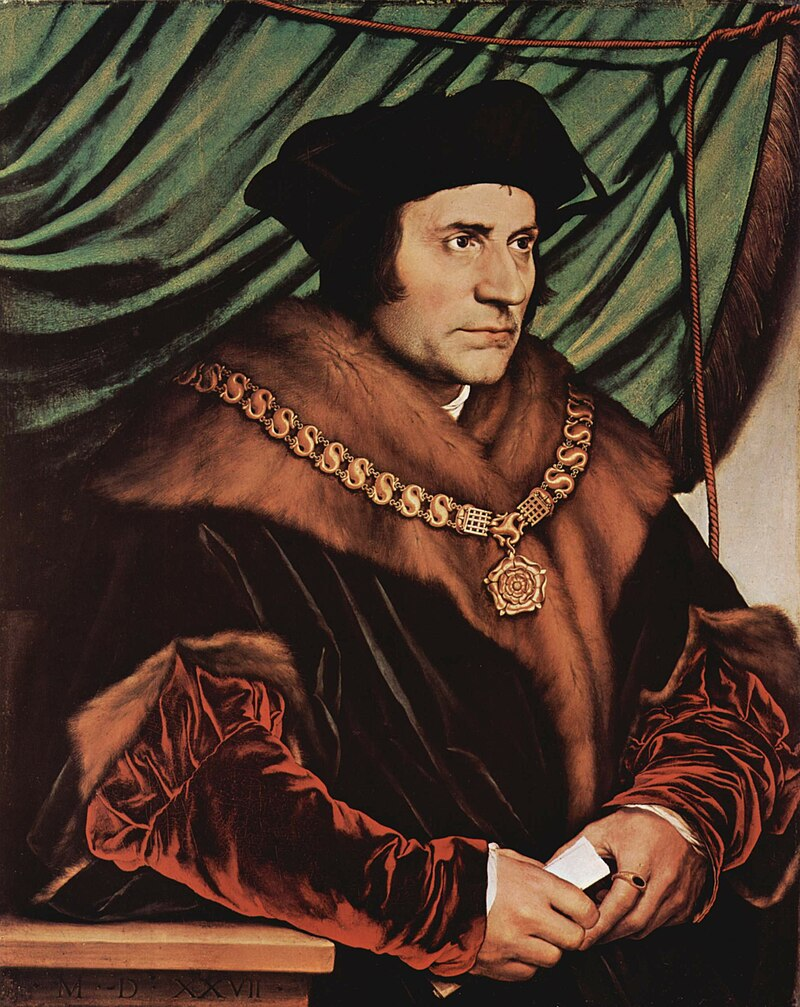About Thomas More

Thomas More (1478–1535) was a renowned English statesman, humanist, and author best known for his work Utopia and his steadfast moral convictions. Born into a prominent London family, More was a brilliant student who went on to study at Oxford University and the Inns of Court, becoming a lawyer and trusted advisor to King Henry VIII. His legal and diplomatic career was matched by his deep intellectual engagement with Renaissance humanism, which emphasized the study of classical texts to cultivate virtue and wisdom. More’s moral integrity was ultimately tested when he refused to endorse Henry’s separation from the Catholic Church, leading to his execution. Despite his martyrdom for his faith, More’s intellectual legacy transcends his religious beliefs, particularly his contributions to education.
“The whole fruit of their [educational] endeavors should consist in the testimony of God and a good conscience. Thus they will be inwardly calm and at peace and neither stirred by praise of flatterers nor stung by the follies of unlearned mockers of learning.”
—Thomas More, “Letter to William Gonell,” his children’s tutor, May 22, 1518
Educational Philosophy
Beyond his political and religious significance, Thomas More was an education reformer with a profound commitment to classical learning. His vision for education was radical for his time, especially in advocating that his daughters receive the same rigorous education as his son—a revolutionary idea in the early 16th century. More believed that education should cultivate both intellectual and moral virtues, aligning with the classical view of developing well-rounded, virtuous individuals.
In his 1518 Letter to the University of Oxford, More emphasized that education should “train the soul in virtue.” He believed that true learning was not just about acquiring knowledge but about shaping character and leading individuals toward wisdom and good judgment. This conviction extended to his own children, as reflected in his Letter to William Gonell, his children’s tutor. More instructed Gonell to prioritize virtue over learning, stating, “put virtue in the first place, learning in the second,” underscoring the importance of moral education.
More’s educational philosophy also stressed the importance of studying the works of the ancients, the Church Fathers, and Scripture. He saw these texts as foundational for developing wisdom and moral clarity, and he believed that the true “reward of education” was not material wealth, but the “testimony of God and good conscience.” More’s commitment to learning combined with virtue reflects the core purpose of classical education: to seek what is good, true, and beautiful, preparing students for lives of leadership and service.
At Thomas More Classical School, we honor our namesake by instilling in our students the values More championed: a rigorous classical education grounded in virtue first and foremost. We strive to develop young leaders who, like More, will pursue the good with wisdom and integrity, equipped to make meaningful contributions to society.
